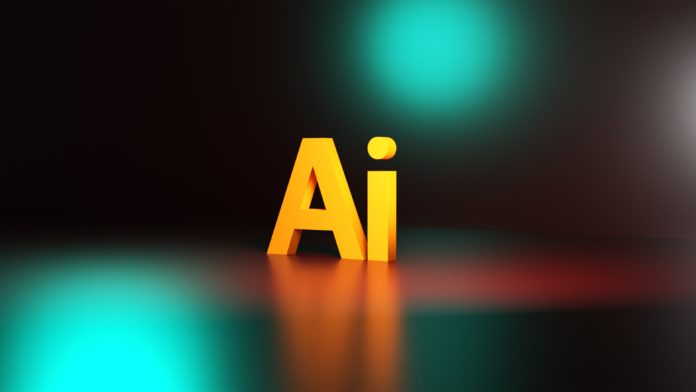When it comes to marketing, few innovations have disrupted the industry like AI. Since it was first theorized, Artificial Intelligence has evolved to become a powerful tool for businesses. Today, marketers can leverage this technology to perform tasks that could seem insurmountable in the past, and can even be used to help market small plumbing businesses or flower shops.
If you are into marketing, there’s a high chance you have used some of the AI-powered marketing tools. However, many marketers haven’t fully understood the benefits of AI over conventional non-intelligent marketing tools. Through these marketing solutions, marketers can get highly nuanced and comprehensive insights about their audience.
Thinking beyond the buzz to leverage AI and Big Data is one of the most vital decisions brand marketers can make and ensure brand authority. Here are some of the ways AI can benefit your marketing strategy and set you apart from competitors.
1. Improve Content Creation By Leveraging User Insights
AI helps brands enhance the quality of content they use for websites and blogs. Typically, blogs are vital components of modern businesses, and research shows that at least 77% of internet users interact with blogs.
Most importantly, E-commerce brands focus on their blogs since most consumers read the blogs before making a purchase decision. While there are numerous benefits of using content marketing, brainstorming appropriate ideas can be quite daunting.
But when using AI, it’s easy to brainstorm and identify the most appropriate topic ideas. Also, you can enhance your existing blog posts to drive more sales. Artificial intelligence can analyze and predict consumer behavior on your websites and blogs and provide insightful feedback for improving your content.
For instance, if most of your blog visitors leave before reading the entire post, you can figure out ways to increase their time on your blog. You can do this by enriching the content with videos, images, and other interactive content.
In addition, you can rewrite your posts if you suspect the problem is in the copy. While this kind of testing was possible in the past, it is now better thanks to AI-powered automation tools.
2. Enhance Customer Personalization and Recommendations
Over the recent years, there has been a drastic change in the way customers interact and respond to marketing messages. Conventional marketing methods are not as effective as they were. And that’s because the modern consumer expects businesses to personalize marketing messages based on demographics, location, and interests. Therefore, most consumers don’t respond to generalized marketing messages.
According to studies by Accenture, over 40% of customers switched their favorite brands due to poor personalization and trust issues. The report also found that 43% of consumers are likely to purchase products from brands that personalize their marketing messages.
AI helps brands personalize their messaging at an individual level. This approach tends to be more effective compared to generic messages that have been used in the past.
Artificial intelligence works by determining customer behavior based on data gathered from previous interactions. As a result, marketing teams can send marketing messages that have better chances of converting.
Over the years, this technology has become quite sophisticated and accurate –especially if you’ve had an account for a couple of years. The AI engines leverage your purchase history, interests, and similar products that fit your profile.
However, a recent study by Gartner shows that while 90% of businesses are leverage marketing personalization, most of them haven’t optimized their marketing messaging. But with AI, marketers can leverage data and provide a hyper-personalized customer experience.
3. Automated Marketing Process
Marketing teams have been using automated marketing tools for some time. Instead of performing repetitive actions manually, you can leverage marketing software to perform the tasks. AI-powered automation tools can help you upscale your efforts and offset redundant decisions. Typically, AI can be quite efficient with repetitive tasks, thus reducing human marketers’ workload and saving scarce resources.
For instance, brands can use AI to personalize customer communication, contact leads, enhance customer interactions, and choose the most appropriate channels. AI can help marketing teams choose the best content, when to publish, and distribution channels. And the entire process can be fully automated thanks to AI tools.
By designating repetitive tasks to AI-powered software, you can ensure better productivity and free up human resources. As such, the team can focus on strategic planning and other tasks that require the human element.
Conclusion
Artificial Intelligence has changed the business landscape as we know it, and it’s blazing its way into the future. In a fast-paced digital era, ignoring the vast possibilities and benefits of AI marketing means that your brand will lag behind competitors. In a nutshell, AI is not just a trendy phenomenon. It’s the future, and AI-powered marketing yields impressive results for vibrant businesses.
And while these innovations may seem daunting at first, AI-powered marketing software is easy to use and implement. If your organization hasn’t started using AI in marketing, now is the best time to adopt it.




































